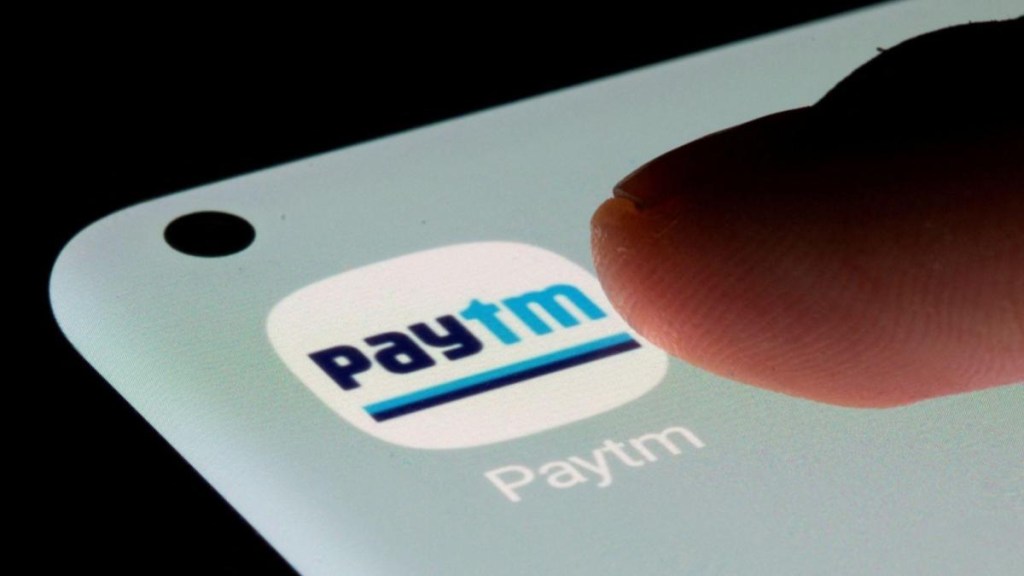If the catchy tune of the ad jingle “Paytm karo” has been sounding more like a cacophony these days, the blame lies squarely on the management of One97 Communications, the parent of Paytm Payments Bank (PPB). In a blogpost on Friday, One97, which holds 49% in PPB, cited a post by its founder and CEO Vijay Shekhar Sharma on X, “To every Paytmer, Your favourite app is working, will keep working beyond 29 February as usual.” Unfortunately for the millions of Paytmers, this might sound like bravado of an individual who seems to have forgotten the basic governance principles while running a business. Nothing else can explain the persistent non-compliances and continued supervisory concerns about PPB, which was put on notice by the banking regulator in March last year and directed not to onboard new customers.
Inexplicably, the management did nothing despite repeated warnings on falsified compliances, irregularities in KYC norms, and rules pertaining to related-party transactions. That left the regulator with little option but to bar PPB from key operations. What will be a crippling blow to the bank, which has 50 million account holders, and for a group which has 300 million wallets and a leader in the FASTag units segment, is the diktat that it will have to terminate the nodal accounts of the parent firm and Paytm Payment Services. Nearly a quarter of all Unified Payments Interface (UPI) transactions on Paytm end up credited to a PPB account. But now, all that would have to change as the regulator felt that there was no wall between Paytm and the bank — money and data flowed easily even when they shouldn’t have.
Paytm’s biggest challenge will be to tie up with other banks for UPI transactions, necessitating a sea change in its business model. That’s easier said than done. Lending partnerships are based on trust and few banks would be willing to enter into a partnership with an entity which is not only under the strict lens of the regulator but also of the government. Revenue secretary Sanjay Malhotra told a news agency on Saturday that PPB would be probed if any fresh charges of fund siphoning are found. Global brokerages Jefferies and Macquarie are both worried that these dark clouds over the group could end up spooking some of Paytm’s lending partners, and they might even limit the business they do with the fintech. One feels sorry for Paytm’s investors. Last November, Paytm completed a year as a publicly traded company and its performance has been an embarrassment. The latest episode would only add salt to investors’ injuries.
There has been criticism in some quarters over the RBI’s “harsh” action against PPB. Payment banks are justifiably concerned over their steep profitability path because of the restrictions on their operations by the RBI and have been arguing for permission to start lending, albeit in a small way. The regulator must consider this in view of the contributions made by the differentiated banks and fintechs to a segment outside of mainstream banking. But there is absolutely no basis for the accusation against the regulator of killing them through aggressive actions. Nothing can come in the way of a credibility test when millions of depositors’ money is concerned. The fintech industry should rather relook its own internal systems to ensure the highest compliance standards. Entities such as Paytm have to pay the price for being reckless in their actions.

